Brighton and Hove Recovery Service
Overdose awareness
Synthetic opioids increase the risk of overdose. They have been found throughout the UK drug supply, including in Brighton and Hove. Synthetic opioids are not just appearing in heroin, but also in non-opiate drugs such as benzodiazepines (Valium and what gets sold as Xanax), ‘Spice,’ MDMA, cocaine, ketamine and illicit vapes.
If you use any of these substances, you are potentially at risk of an overdose.
Signs of an overdose can include:
- Lethargy and slurred speech
- Drowsiness and disorientation
- Pale face and clammy skin
- Blue lips and fingernails
- Pinpoint pupils (not in everyone)
- Person is unresponsive to noise or touch
- Breathing is slow and shallow
- Choking sounds, or a snore-like gurgling noise
Find out more about the signs of an overdose.
What to do if someone overdoses
- Put them in the recovery position
- Give the person naloxone
- Call 999
To reduce your risk of overdose:
- Start low and go slow
- Don’t use alone
- If using with others - it's best if one person uses the drug first, and uses less as a test dose.
- Don't mix drugs. Mixing opiates with other depressants such as alcohol, benzos or methadone is particularly risky.
- Look out for the signs of an overdose
- Test your drugs
- Carry naloxone
- Access treatment and support from us at Brighton and Hove Recovery Service
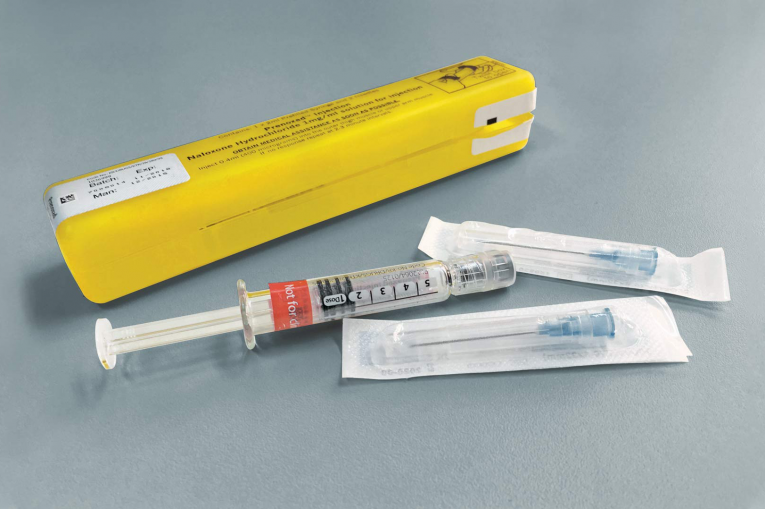
What is naloxone?
Naloxone is life-saving medication that can reverse an overdose from opiates and opioids. All pharmacies in Brighton and Hove offer naloxone for free - just ask at the counter.
We also have stocks available at the Recovery Service in Richmond House.
Naloxone training
If you work in the city and want to know how to use naloxone and how to spot an overdose, we offer a monthly training session which covers these topics.
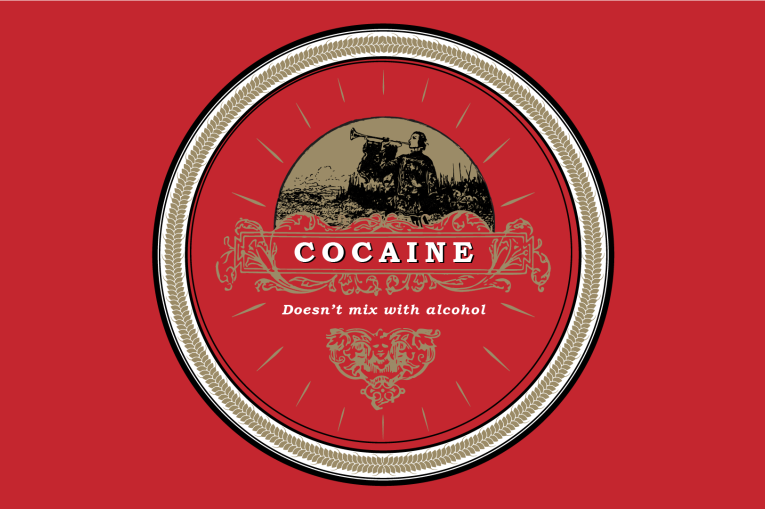
Cocaine and alcohol do not mix
Mixing cocaine and alcohol creates a third toxic substance in the body: cocaethylene.
Mixing them increases the risk of:
- Sudden overdose
- Damage to the heart and stomach
- A much worse comedown
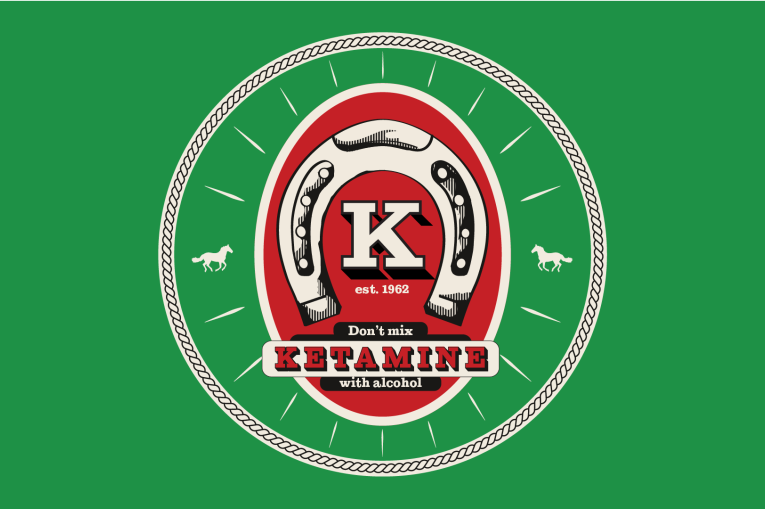
Ketamine and alcohol do not mix
Taking alcohol and ketamine is the number one reason for welfare cases at festivals.
Mixing them increases the risk of:
- Vomiting
- A K-hole
- Bladder damage
- Accidents and injury
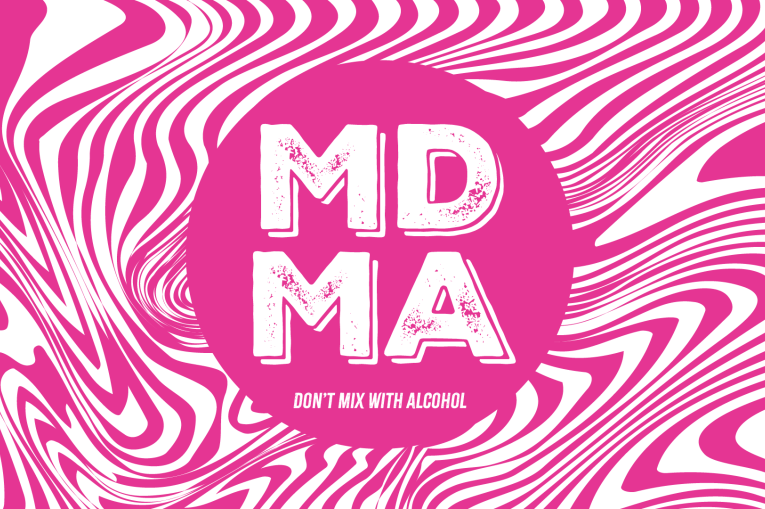
MDMA and alcohol do not mix
Mixing MDMA and alcohol may mean you end up taking more than you mean to.
Mixing them increases the risk of:
- Dehydration and overheating
- Serotonin syndrome (MDMA overdose)
- A much worse comedown
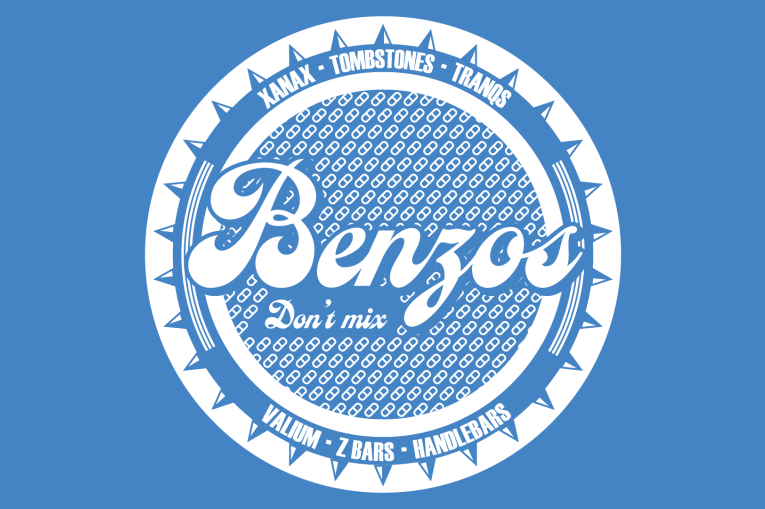
Benzos and alcohol do not mix
Mixing benzodiazepines and alcohol can be deadly.
Mixing them increases the risk of:
- Blackouts and memory loss
- Respiratory failure and death
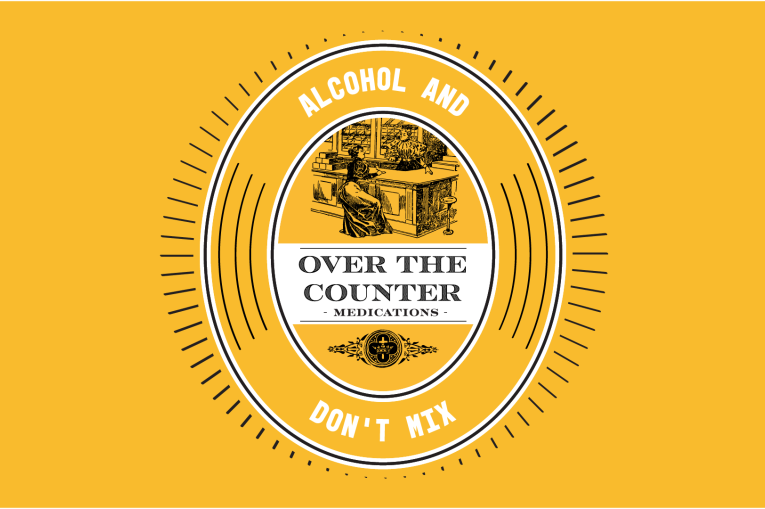
Over-the-counter medication and alcohol do not mix
Mixing over-the-counter medication with alcohol increases the risk of numerous negative physical effects:
- Kidney failure
- Liver failure
- Overdose
